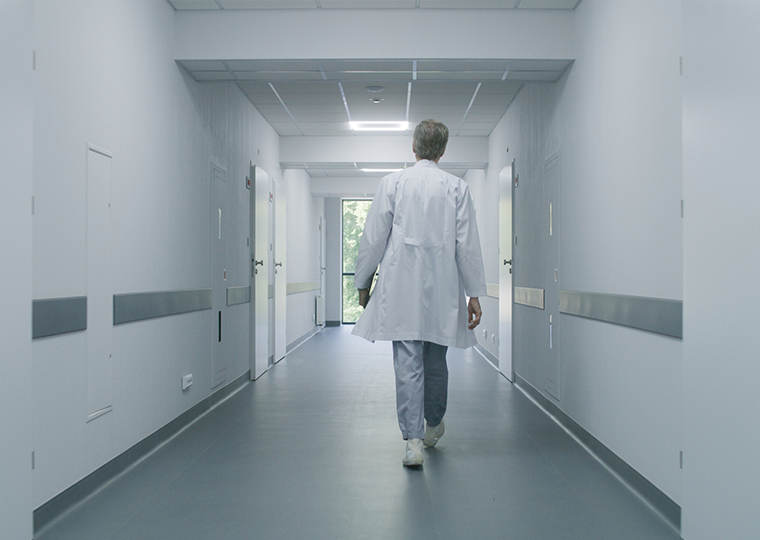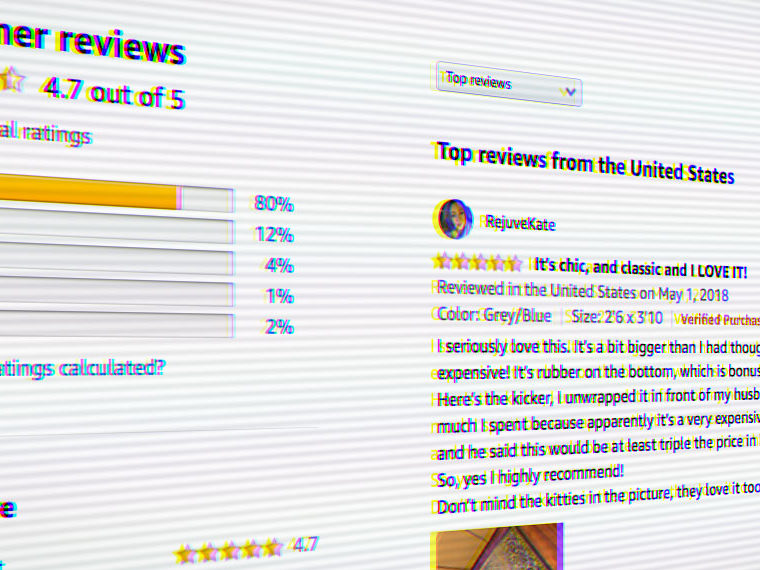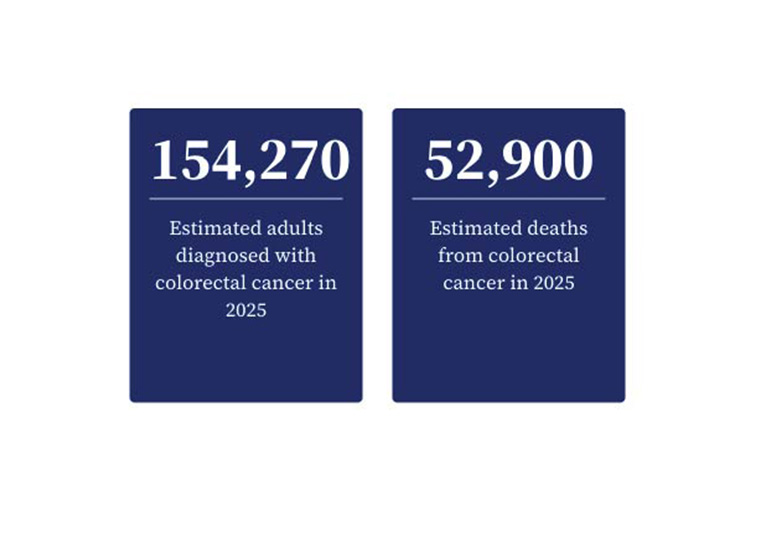And thinking less about one’s adult life can reduce the pursuit of higher education
Making decisions that aren’t easy in the here and now, which will pay off down the line, is a tension many struggle with. It is central to the challenges of making healthier lifestyle choices today or committing to socking away money for retirement, rather than spending it pronto.
Past research by UCLA Anderson’s Hal Hershfield has advanced an understanding of a key mechanism for this behavioral challenge: We typically don’t have a tight relationship with our future self, which makes it harder to act in that stranger’s best interests. (In his book, Your Future Self, Hershfield shares his and others’ research on how we can form a better link between today us, and tomorrow us.)
In research published in the Journal of Early Adolescence, University of Leiden’s Benjamin Ganschow, Cardiff University’s Job van der Schalk, Vrije Universiteit Amsterdam’s Sven Zebel and University of Leiden’s Jean-Louis van Gelder, together with Hershfield, explore the extent to which one’s past experiences might impact one’s level of connectedness to future self.
Opt In to the Review Monthly Email Update.
The Past Is Prologue?
Leveraging data from an ongoing longitudinal study, they find that teens who experienced severe stress — death of a parent, divorce, placement in foster care, hospitalization — indeed had a lower sense of connectedness to their future self. Moreover, they found an increased likelihood those teens would not pursue an educational path that leads to college.
The Zurich Project on the Social Development from Childhood into Adulthood started recording life experiences and perceptions of nearly 1,700 first graders in 2004 and continues to periodically check in with them. The researchers focused on data when participants were ages 12, 15, 17 and 20.
The Zurich Project asked participants if they have experienced any of nearly two dozen stressful events, including death of a close relationship, mental or physical illness, divorce of parents, failing a grade, being a victim of violence and sexual violence. The project also has participants convey their sense of connectedness to their future self 10 years out, using a visual prompt developed in previous research Hershfield collaborated on.
They found a significant negative correlation between the prevalence of stressful life events and the participant’s stated level of connectedness to their future self when asked at age 20. Interestingly, they found that when that stress occurred in adolescence — early/late/throughout — didn’t seem to change the level of connectedness.
The researchers found that parents being involved (helping with homework, say) was correlated with stronger future-self connectedness, but positive parenting (praise for doing a good job) wasn’t a factor. Nor was the prevalence of corporal punishment or erratic discipline.
Ganschow, van der Schalk, Zebel, Hershfield and van Gelder also measured two related aspects of future-self identification, but neither vividness (how well we can describe our future self), or valence (whether we see our future self as positive or negative) showed any meaningful correlation with stressful experiences as an adolescent.
Small Intervention, Big Payoff
The researchers analyzed stress/connectiveness data in relation to two consequential paths measured at age 20: “delinquent” behaviors (driving without a license, purchase of illegal drugs, possession of a weapon, petty theft, and car theft) in the past few years and pursuit of an educational track that leads to university education. (In Switzerland, teens must choose a track for high school that focuses on either vocational training, or one that leads to university study.)
The analysis showed no meaningful impact of stress/lower connectedness on acts of delinquency. There was a stronger correlation between higher stress/lower educational attainment and lower stress/higher educational attainment.
The research team notes that a growing body of research offers up simple interventions that might help more stressed adolescents forge a better connection with their future self. Seeing a doctored photo of their older self, or writing letters to and from their future self or role-playing as their future self might help move the needle, which could improve educational outcomes.
Featured Faculty
-
Hal Hershfield
Professor of Marketing and Behavioral Decision Making
About the Research
Ganschow, B., Zebel, S., Van der Schalk, J., Hershfield, H. E., & Van Gelder, J. L. (2023). Adolescent Stressful Life Events Predict Future Self-Connectedness in Adulthood. Journal of Early Adolescence, 02724316231216380.






